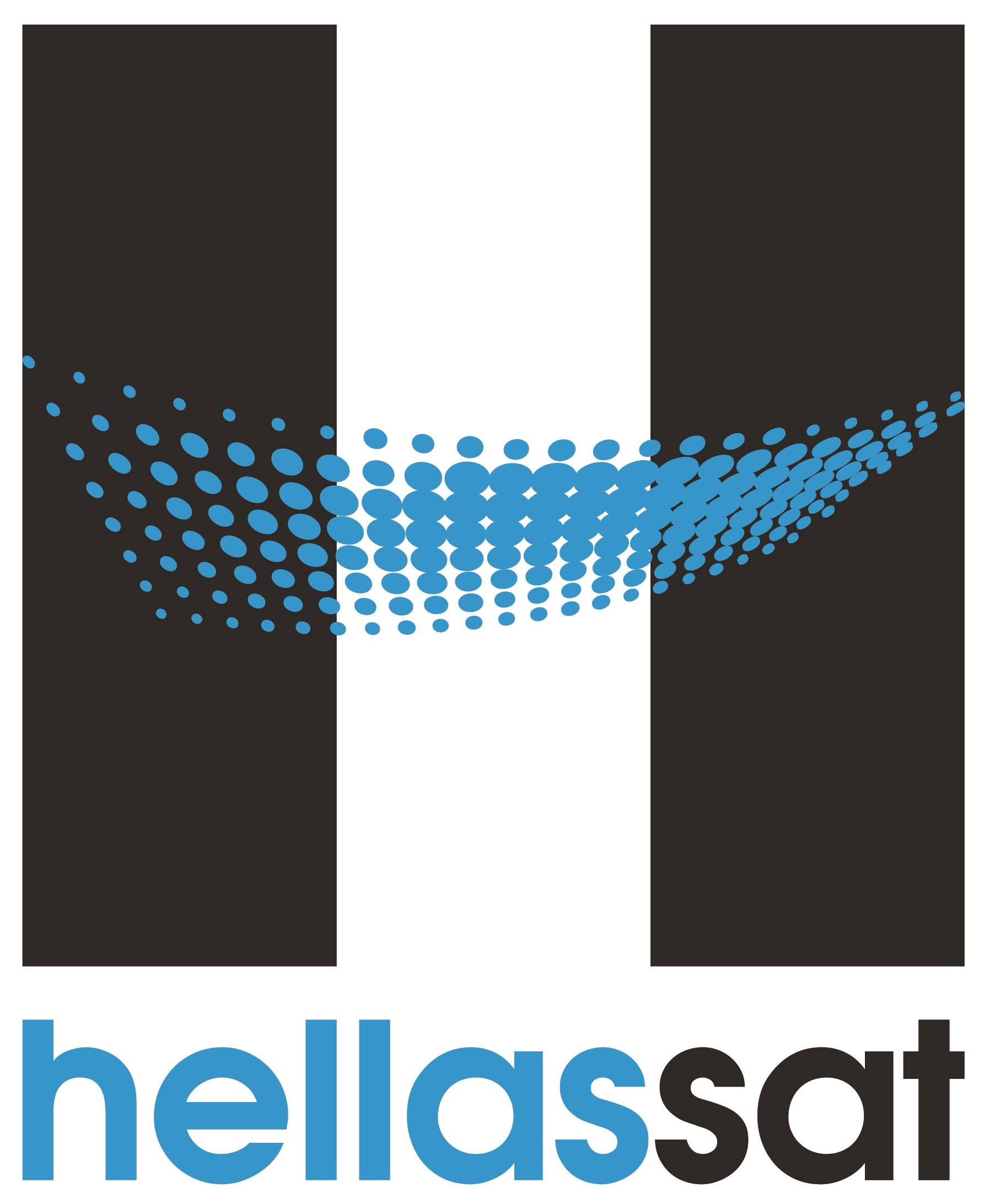
-
StatusCompleted
-
Status date2012-01-19
-
Activity Code1A.065
Broadband Mediterranean Development (BB-MED) is a project submitted to the Union for the Mediterranean (UfM: the EU27 and 16 countries around the south and east Mediterranean), jointly undertaken by Avanti Communications, Point Topic and Hellas Sat and is funded by ESA under the ARTES 1 program.
The objective of BB-MED is to implement a satellite broadband service as an efficient first step for the deployment of broadband internet in the underserved regions of the UfM.
This study provides ESA and The EIB with an assessment of the market size for satellite broadband and a satellite broadband internet service that could be deployed across the Union for the Mediterranean (UfM) countries in order to reduce the digital divide.
Specifically it addresses the following questions:
- What are the characteristics of satellite broadband services taking into account offerings across the industry? How will this evolve? What important features need to be taken into account in the EIB study?
- What is the current position concerning broadband status in the ESA study countries?
- What is the market for broadband services across the ESA study countries?
- How will this evolve? What is the opportunity for satellite broadband?
- What would a satellite broadband service look like from a technical and commercial point of view? What Service Level Agreements could be offered? What does the business case look like? How is this affected by the scale of the deployment?
- What are the procurement options for satellite broadband services and what are the strengths and weaknesses of these? What would a potential PPP look like?
- What actions can be taken to promote the outcome of the study and guarantee the success of BB-MED in the region?
The study provides a view on the positioning of satellite broadband services and their associated characteristics to ensure that the satellite related features are taken into account by the EIB market study related to the Facility for Euro-Mediterranean Investment and Partnership (FEMIP) countries.
Telco data to model broadband availability:
- Common European wide telco data does not exist,
- Where data exists it is usually proprietary,
- Development of cost effective model required (US mapping cost US$350m).
Country differences in consumer behaviour:
- Business and residential use and affordability varies considerably by market.
Regularity clarity:
- Some countries have less developed or clear regulatory regimes.
- BB-MED provides a means of reducing the digital divide between the two shores of the Mediterranean and an answer to the issues raised at the Ministerial Conference of the UfM, in Marseille, November 2008,
- Provide ubiquitous coverage: all citizens have access (even in remote rural areas) from the first day,
- Costs will be reduced compared to a purely terrestrial solution.
- Supports a wealth of applications such as e-government, tele-education, tele-medicine, emergency management support and civil protection applications,
- Users will benefit from financial support via European Instruments/Funds,
- It will seed a multi-billion euro broadband market for the benefit of the UfM citizens,
- It will create specialised/high-tech employment in the UfM countries for the deployment, operations and support of the services.
- Quantification of the number households, businesses and government organisations unable to get broadband by country and by region in 2011, 2015 and 2020;
- Proposals to help aggregate the offering to key interested stakeholders such as schools, hospitals, post offices and other entities;
- Proposals for schemes based on public private partnership principles to minimise the need for up-front investment by Governments;
- Member States and/or Regions asked to express interest/guarantee the purchase of a number of connections (for a min number of years, for a given price/month and predefined service level);
- The purpose is to ensure a minimum market in order to attract satellite service providers to invest in ‘difficult’ areas and offer the service at an attractive price;
- The service may address public entities, such as schools or government, or private entities, such as SME’s or households;
- It is expected that a Consortium of service providers will be selected and contracted for deploying the satellite internet service. In fact it is a ‘bulk’ procurement of services;
- The consortium will have to make agreements with regional/local partners for the deployment and operation of the service, creating local specialised employment opportunities.
The approach being studied in BB-MED could be adopted at EU level using structural funds as a financial mechanism to help meet the Digital Agenda targets.
The work for the project is split into the following work packages (WPs):
- WP1000 collects and synthesises the characteristics of the satellite services that are currently offered on a short and medium term basis.
- WP2000 describes the current broadband service offerings and the already planned developments until 2020.
- WP3000 provides a detailed description of the expected broadband demand to 2020.
- WP4000 gives an elaboration of the outline requirements for implementation of BB-MED.
- WP5000 defines an action plan and delivers the Final Reports.
The project final presentation was given in December 2011.




